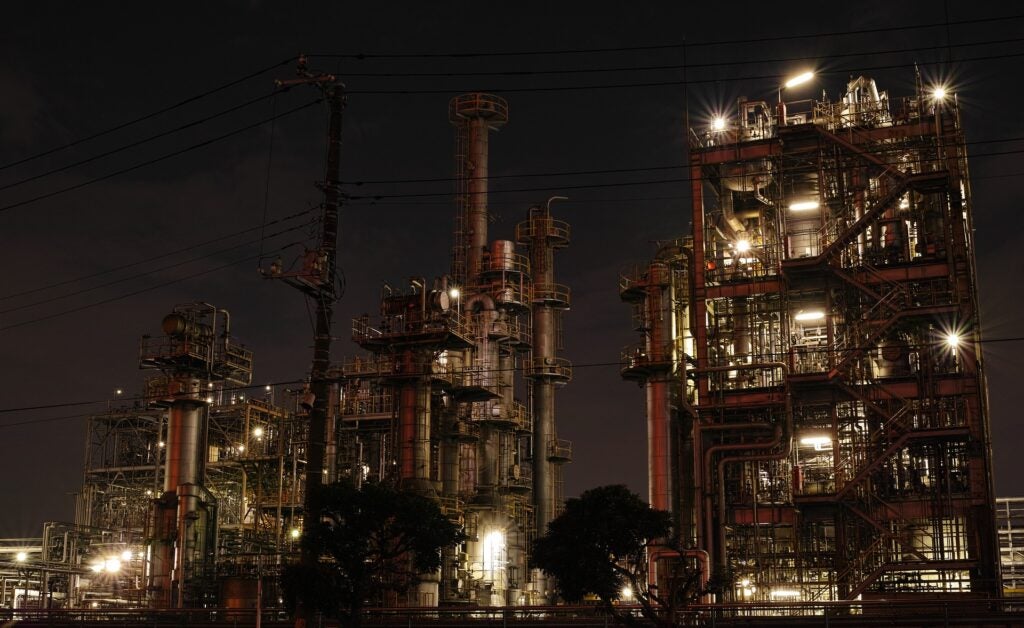In November, Venezuela’s oil exports remained roughly the same at 651,000 barrels per day (bpd) despite the easing of US sanctions, enabling sales to trading houses.
In October, Washington suspended sanctions on Venezuelan oil for six months after President Nicholas Maduro’s Government reached a deal with the opposition to make elections fairer. The sanctions were initially imposed in 2019 in response to the disputed election victory of Maduro, and state-owned oil company PDVSA was banned from exporting oil to its chosen markets.
Since the sanctions were lifted, spot sales of crude and fuel oil bound for China have increased. PDVSA also recently negotiated cargo sales bound for India through intermediaries.
However, the total volume of exports has not risen as much as expected. Shippers’ hesitancy around sending vessels to Venezuela, stagnant crude production and long-standing delays have meant exports have been reshuffled to different customers, without the total volume shipped increasing.
Last month 40 vessels departed from Venezuelan ports carrying an average of 651,000bpd of fuels and crude, and 434,000 tonnes (t) of petrochemicals and byproducts. Petrochemical exports were 2.3% lower than in October, while byproduct exports increased by 229,000t.
President Maduro recently announced his plan to create oil, gas and mining licences for the Esequibo region, which has long been ruled by Guyana. In a referendum on Sunday, the Venezuelan people voted in favour of the annexation of the territory.
Following the result, Maduro said: “It has been a total success for our country, for our democracy. We have taken the first steps of a new historic stage in the struggle for what belongs to us.”
The International Court of Justice has warned against the annexation and the US State Department told reporters on Monday that it was “not something that can be settled by a referendum”.









